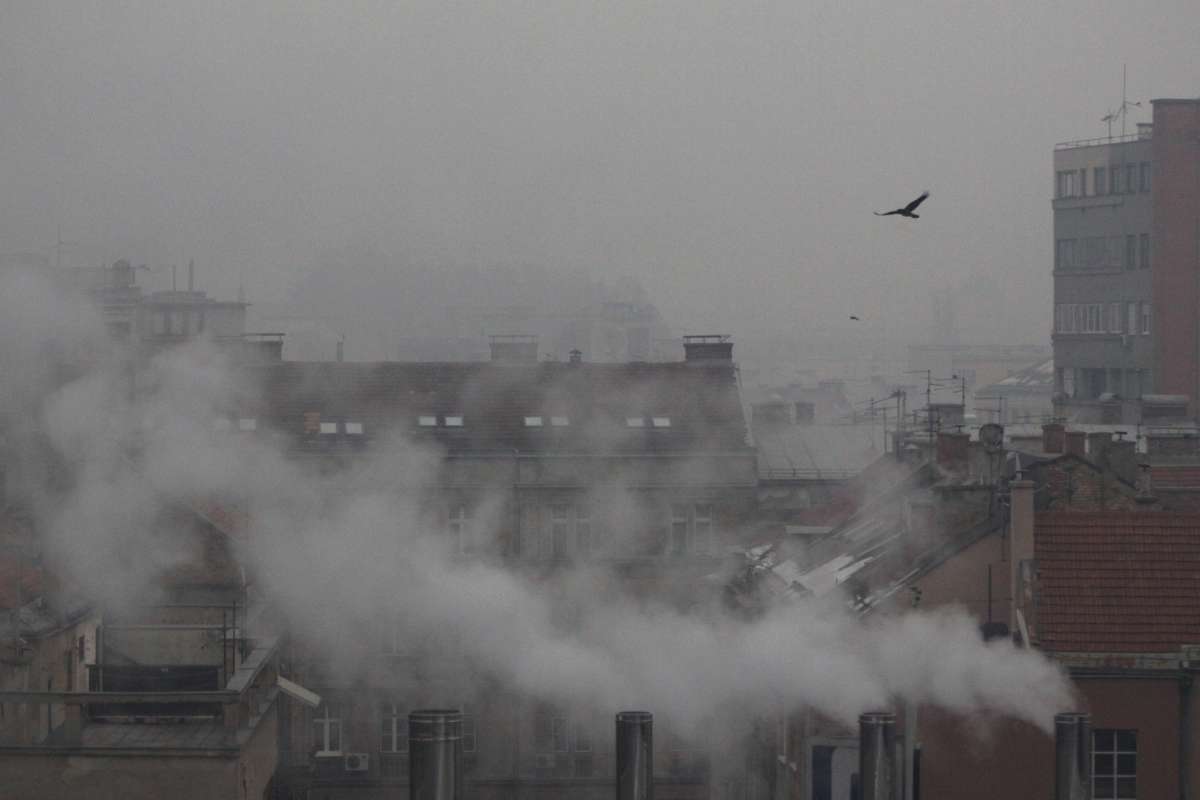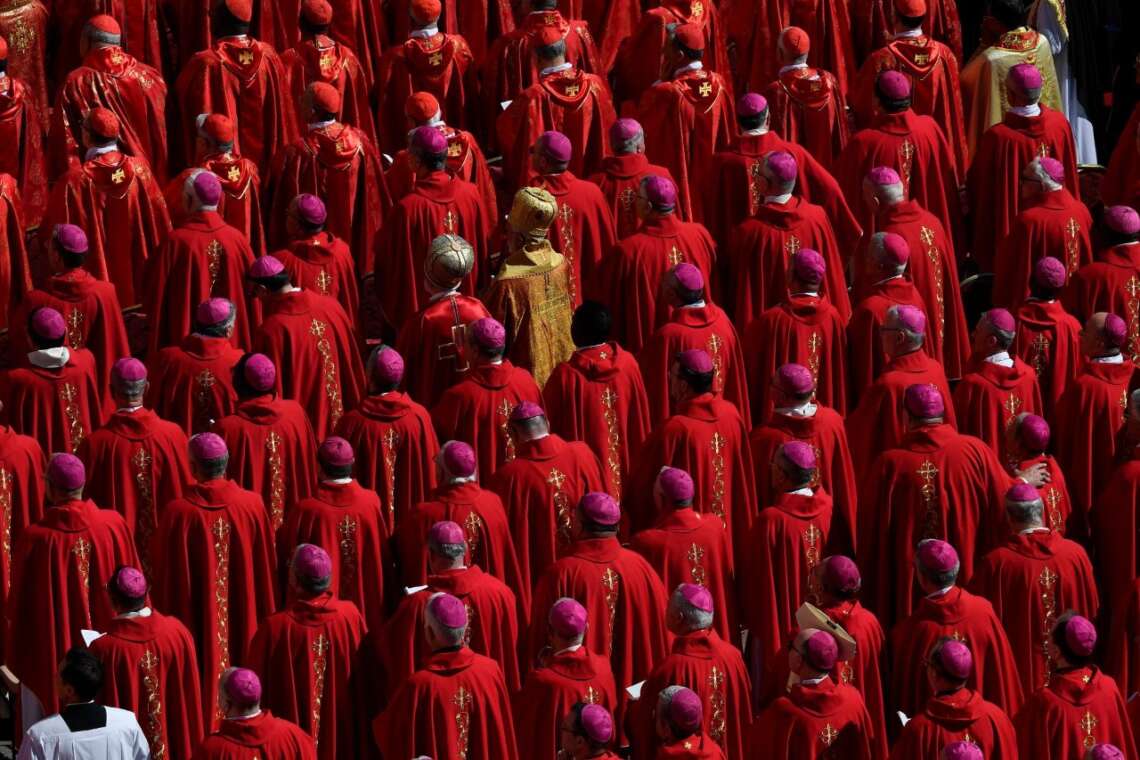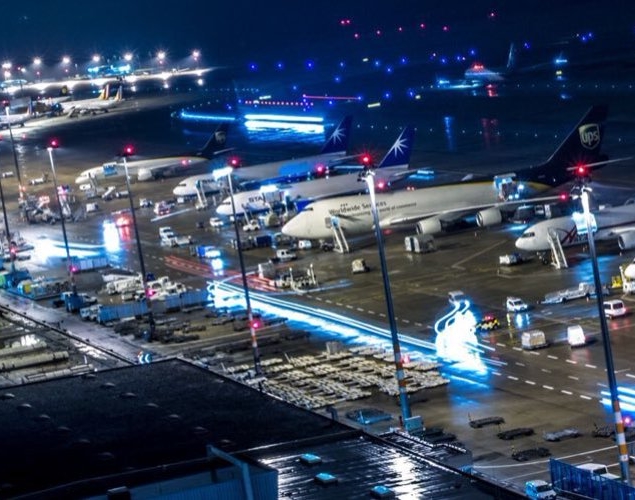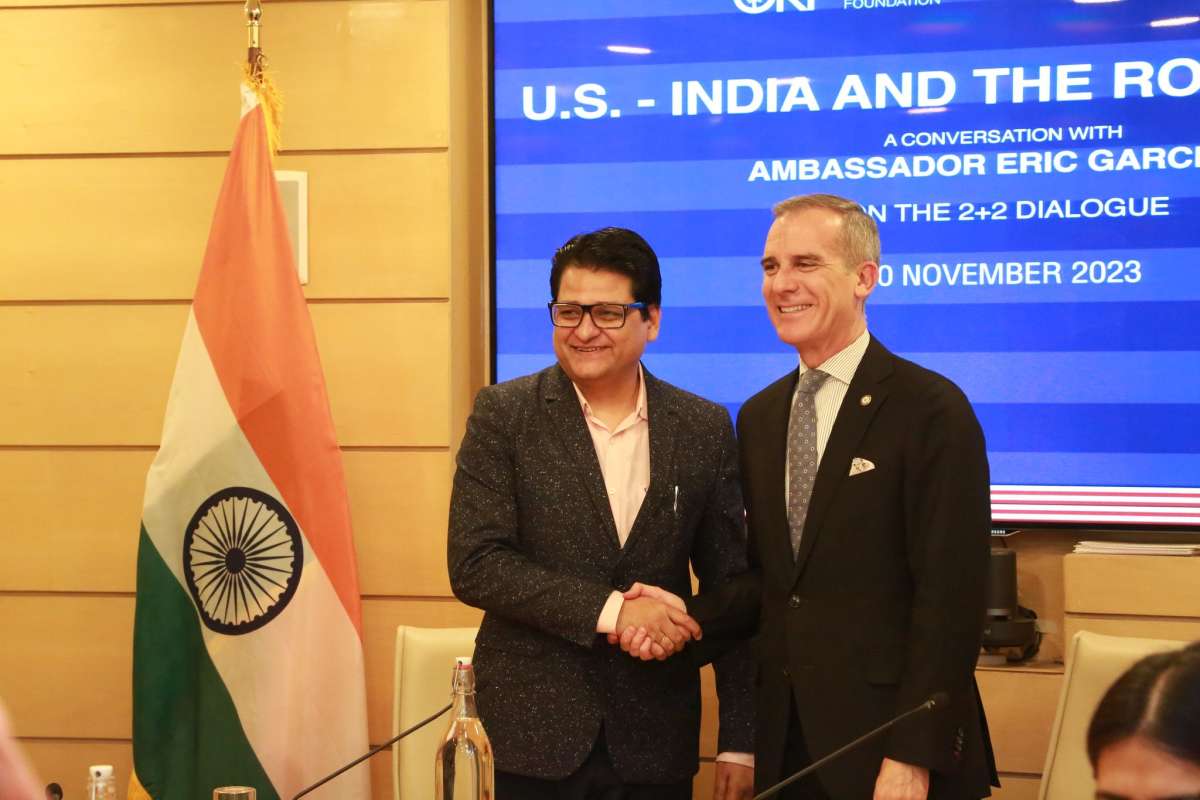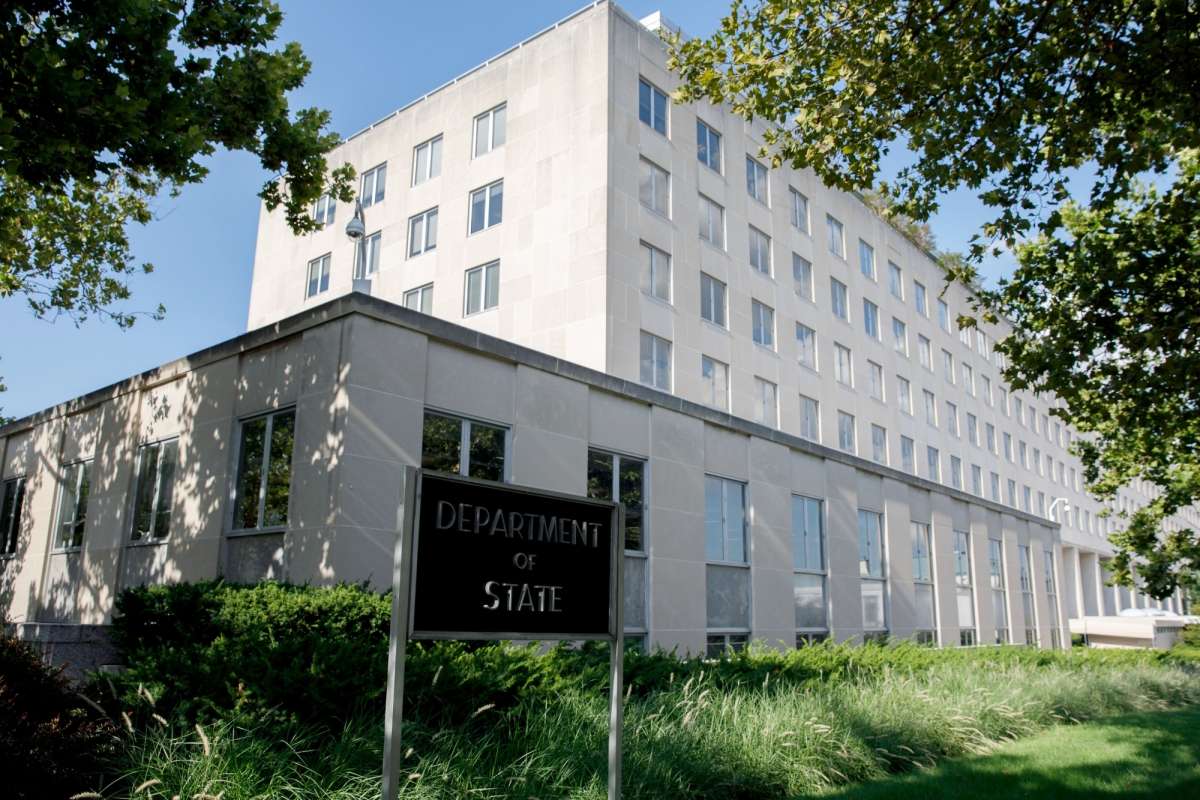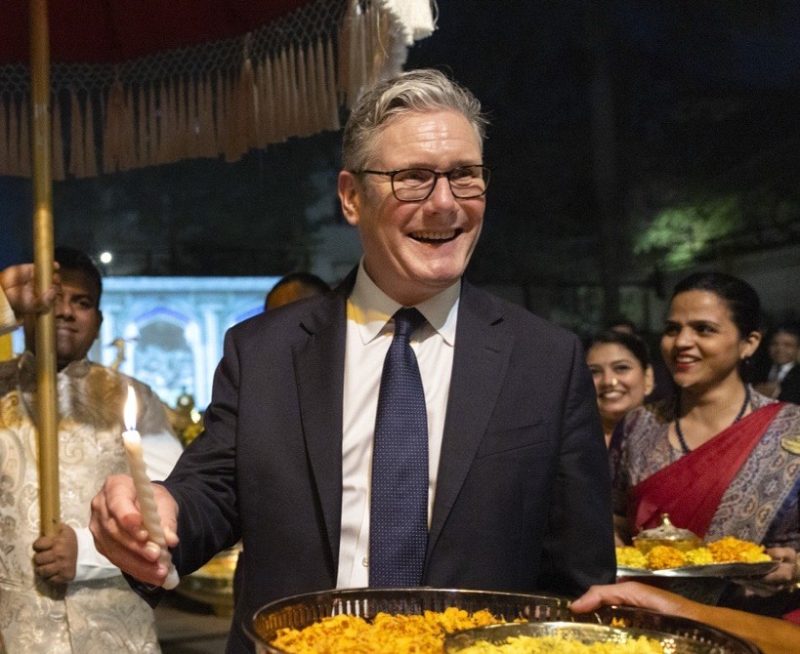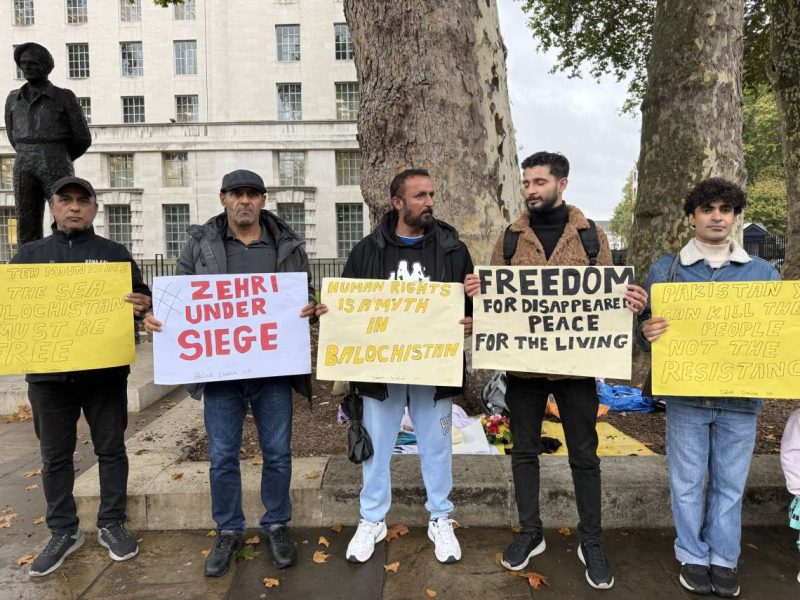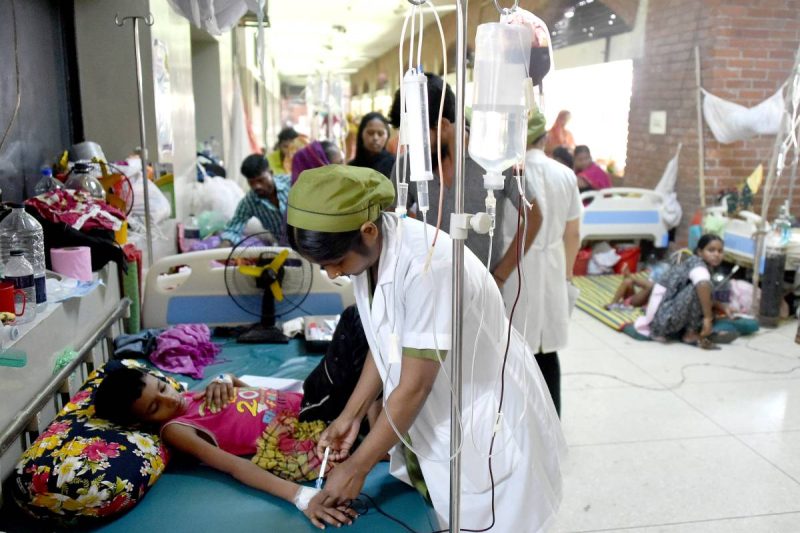Current unconditional NDCs imply that additional emissions cuts of 14 GtCO2e are needed in 2030 over predicted levels for two degrees…reports Asian Lite News
As global temperatures and greenhouse gas emissions break records, the latest Emissions Gap Report from the UN Environment Programme (UNEP) finds that current pledges under the Paris Agreement put the world on track for a 2.5-2.9 degrees Celsius temperature rise above pre-industrial levels this century, pointing to the urgent need for increased climate action.
Released ahead of the 2023 climate summit in Dubai, the Emissions Gap Report 2023: Broken Record — Temperatures hit new highs, yet world fails to cut emissions (again), finds that global low-carbon transformations are needed to deliver cuts to predicted 2030 greenhouse gas emissions of 28 per cent for a two-degree pathway and 42 per cent for a 1.5-degree pathway.
“We know it is still possible to make the 1.5 degree limit a reality. It requires tearing out the poisoned root of the climate crisis: fossil fuels. And it demands a just, equitable renewables transition,” said Antonio Guterres, UN Secretary-General.
Maintaining the possibility of achieving the Paris Agreement temperature goals hinges on significantly strengthening mitigation this decade to narrow the emissions gap. This will facilitate more ambitious targets for 2035 in the next round of Nationally Determined Contributions (NDCs) and increase the chances of meeting net-zero pledges, which now cover around 80 per cent of global emissions.
“There is no person or economy left on the planet untouched by climate change, so we need to stop setting unwanted records on greenhouse gas emissions, global temperature highs and extreme weather,” said Inger Andersen, Executive Director of UNEP.
“We must instead lift the needle out of the same old groove of insufficient ambition and not enough action, and start setting other records: on cutting emissions, on green and just transitions and on climate finance.”
Until the beginning of October this year, 86 days were recorded with temperatures over 1.5 degrees above pre-industrial levels.
September was the hottest recorded month ever, with global average temperatures 1.8 degrees above pre-industrial levels.
The report finds that global greenhouse gas (GHG) emissions increased by 1.2 per cent from 2021 to 2022 to reach a new record of 57.4 gigatonne of Carbon Dioxide Equivalent (GtCO2e).
GHG emissions across the G20 increased by 1.2 per cent in 2022. Emission trends reflect global patterns of inequality. Because of these worrying trends and insufficient mitigation efforts, the world is on track for a temperature rise far beyond the agreed climate goals during this century.
If mitigation efforts implied by current policies are continued at today’s levels, global warming will only be limited to three degrees above pre-industrial levels in this century.
Fully implementing efforts implied by unconditional Nationally Determined Contributions (NDCs) would put the world on track for limiting temperature rise to 2.9 degrees.
Conditional NDCs fully implemented would lead to temperatures not exceeding 2.5 degrees above pre-industrial levels.
All of these are with a 66 per cent chance. These temperature projections are slightly higher than in the 2022 Emissions Gap Report, as the 2023 report includes a larger number of models in the estimation of global warming.
Current unconditional NDCs imply that additional emissions cuts of 14 GtCO2e are needed in 2030 over predicted levels for two degrees.
Cuts of 22 GtCO2e are needed for 1.5 degrees.
The implementation of conditional NDCs reduces both these estimates by 3 GtCO2e.
In percentage terms, the world needs to cut 2030 emissions by 28 per cent to get on track to achieve the two degrees goal of the Paris Agreement, with a 66 per cent chance, and 42 per cent for the 1.5 degrees goal.
If all conditional NDCs and long-term net-zero pledges were met, limiting the temperature rise to two degrees would be possible.
However, net-zero pledges are not currently considered credible: none of the G20 countries are reducing emissions at a pace consistent with their net-zero targets.
Even in the most optimistic scenario, the likelihood of limiting warming to 1.5 degrees is only 14 per cent.
ALSO READ-Nine Indian Leaders Named in Time 100 Climate List


